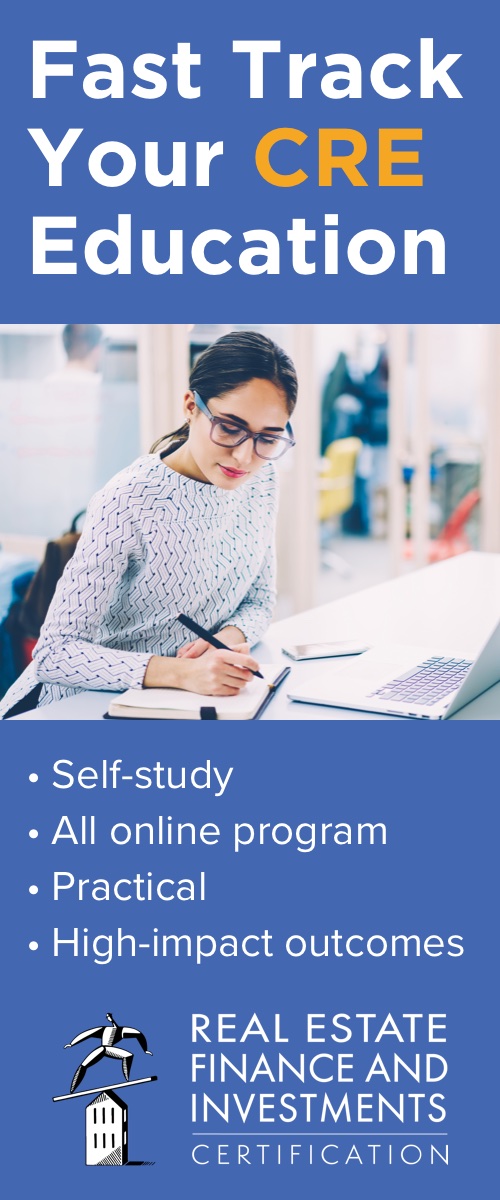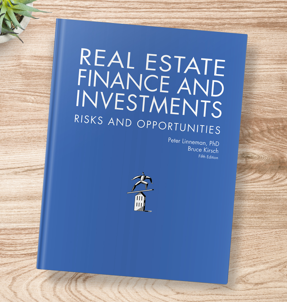|
Listen to this post if you prefer
|
For the last 10 years, I have had the privilege of assisting undergraduate and graduate students in the development of their real estate knowledge and their Excel skills for transaction modeling. In the course of our training sessions, students targeting analytical roles upon graduation often ask me how they can be valuable to employers beyond being strong modelers.
I generally tell them that there are a few other ways they can contribute on a meaningful basis:
- Bring an off-market deal
- Bring a relationship that leads to an off-market deal
- Bring a new capital source
- Bring deep property and market knowledge.
New deals are the lifeblood of real estate firms. Off-market deals are preferred, because on-market deals are easy to find, and are being bid for competitively. All else equal, you would rather not have to pay the highest price among a group of peers to win a deal.
Capital is the lifeblood of deals. Expansion of the pool of potential capital providers is naturally a good thing. And deep property and market knowledge serves to allow your firm to work perhaps just a little bit smarter and faster than its competitors.
Unfortunately, the likelihood that the typical new graduate can bring any of the above 4 is very low. These are all the right things for which to strive, but typically take years to be feasible for a young professional just starting in the business. That’s why the number one way young CRE professionals can add value is through being a reliable, swift and insightful financial modeler.
Reliable and swift don’t require any interpretation — you’re there when you need to be, and you can turn around mistake-free work quickly. By insightful, I mean that you are doing your work with an appreciation for how much responsibility you have been given at such a young age and early stage in your career. An analytical role serves as the first level of filtering of potential deals, and as such, can make a big impact on the deals that end up being done at your firm.
An appreciation for your potential impact — and humility — will manifest in insights derived from the careful, thoughtful selection of your assumptions and the sensitivities that you run around the base case values. This is where deep property and market knowledge enter the picture. For example, what should you assume for the base building hard costs of a new glassy box office development in a particular neighborhood? What should you assume for rents and operating expenses? Having current in-the-ballpark values at your fingertips for these inputs is valued, as it takes time to research these things and validate data points.
It can be frustrating when you first starting out in the business, as you don’t know what you don’t know, and it takes a long time to acquire knowledge and build relationships. The most important advice I have for young CRE professionals is to be appreciative of the opportunities in front of you in your unfolding career, and work as hard as you can to help your team succeed. As my mentor Dr. Peter Linneman says, “Why ever do any less than your very best?”





